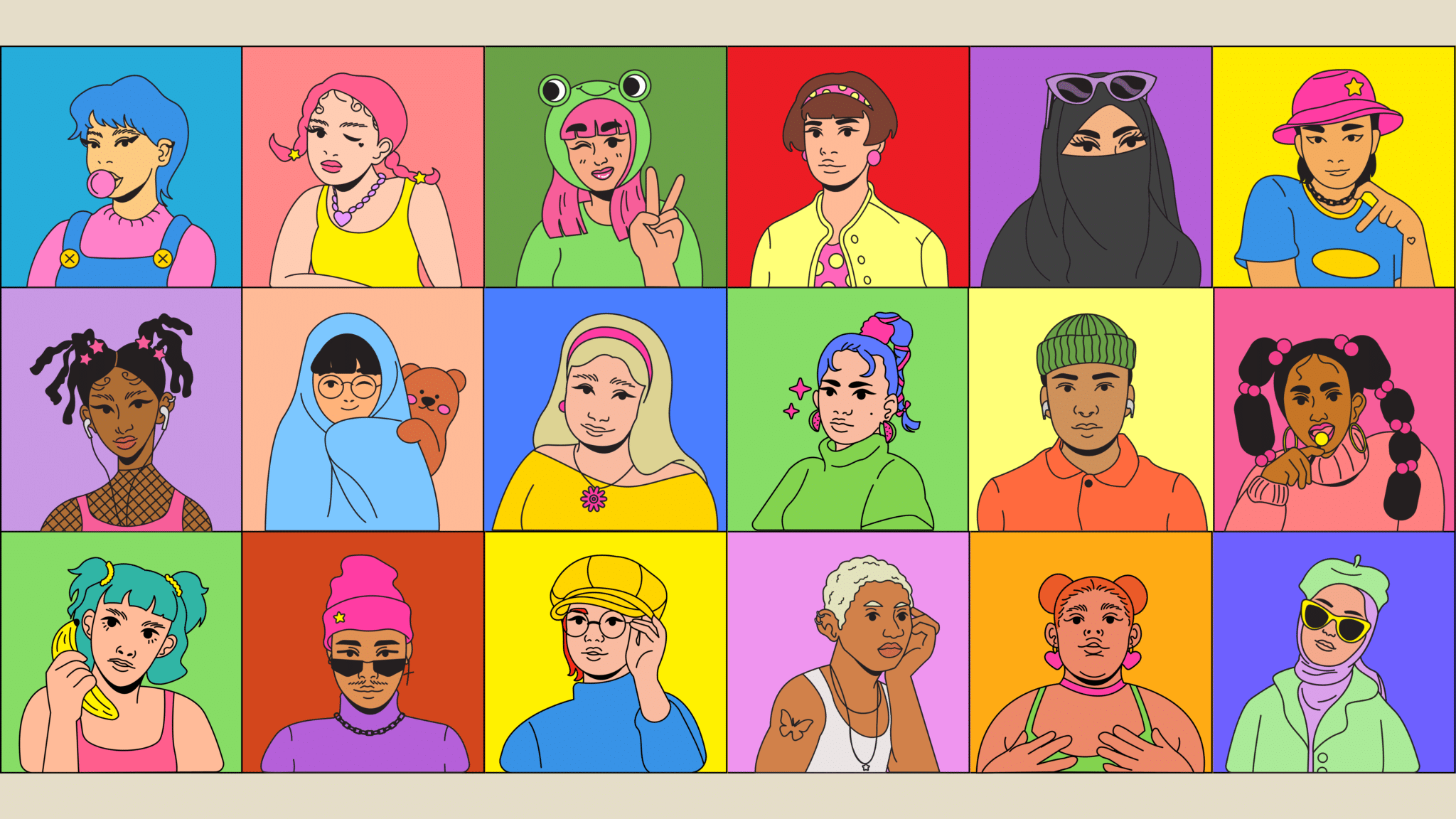HAVE you ever met someone who asked you what your MBTI type is, told you theirs is ISTP or ENFJ, and wondered what those cryptic-sounding letters could mean?
What these people are referring to is their personality type based on the famous Myers-Briggs Type Indicator (MBTI).
Often taken as a test in schools and workplaces, the MBTI is an introspective self-report questionnaire that indicates various psychological preferences on how individuals perceive the world and make decisions for themselves.
This personality indicator developed by Isabel Myers and Katherine Briggs was based on Carl Jung’s theory of personality types.
MBTI types is divided into four categories, namely: Extraversion (E) vs. Introversion (I), Sensing (S) vs. Intuition (N), Thinking (T) vs. Feeling (F), and Judging (J) vs. Perceiving (P).
Extraversion vs. Introversion
This scale was first explored by Jung in his theory and pertains to how people respond and interrelate to the society they belong to.
Extraverts, also spelled as extroverts, are outward-turning individuals that are often action-oriented and enjoy interacting with others frequently as this social activity energizes and fuels them.
Meanwhile, introverts are the polar opposite of the former, who are more inward-turning, though-oriented, enjoy deep and meaningful connections with people, and most likely to spend time alone.
SUGGESTED STORIES:
LIST: On-site class suspensions
ON-site or face-to-face classes in several areas in Metro Manila.
UNICEF: Measles and pertussis outbreaks a wake-up call for PH
As the world commemorates World Immunization Week, the Philippines is.
An urgent call to action: Philippines’ mass plastic waste production
ON Monday, April 22, Environment and Natural Resources Secretary Maria.
Sensing vs. Intuition
The sensing and intuition dichotomy defines how individuals source information from the world around them.
According to MBTI, people tend to be dominant in one of these areas. For people on the sensing scale, they tend to pay more attention to reality, focus on factual evidence, and depend heavily on their senses.
Meanwhile, intuitive people are more likely to turn on to patterns and impressions as they enjoy considering possibilities and analyzing abstract theories.
Thinking vs. Feeling
This magnitude allows people to discover their process when making decisions for themselves as they deal with situations with the outside world.
As per Myers and Briggs, individuals determine their actions based on the information they have gathered either through sensing or intuition.
Thinking types prefer to emphasize the facts and reliable data and are logical, consistent, and impersonal when making decisions. On the other hand, the feeling types place a more significant value on their emotions rather than being rational with their choices.
Judging vs. Perceiving
The final metric for this personality indicator identifies how individuals respond to the outside world.
Judging types often favor structured and firm decisions while those who lean more on perceiving are more flexible, adaptable, and open.
The 16 Personalities
According to Myers and Briggs psychological instrument, individuals can be grouped into 16 personality types based on the scale provided above.
The Analysts
This sub-category is composed of MBTI types INTJ, INTP, ENTJ, and ENTP.
According to the theory, these types follow these descriptions:
- INTJ – also called architects, INTJs are people who like planning out everything as they are strategic and imaginative thinkers
- INTP – also called logicians, INTPs are said to be innovative inventors that have unquenchable thirst for knowledge
- ENTJ – also called commanders, ENTJ are resourceful leaders who are bold, strong-willed, and imaginative
- ENTP – also called debaters, ENTPs are people who cannot resist intellectual challenges because of their smart and curious nature
Photo courtesy: 16personalities.com
The Diplomats
This sub-category is composed of MBTI types INFJ, INFP, ENFJ, and ENFP.
According to the theory, these types follow these descriptions:
- INFJ – also called advocates, these quiet and mystical people tend to be inspiring and tireless idealists
- INFP — also called mediators, individuals of this type are always willing to help people and are altruistic, kind, and poetic in nature
- ENFJ – also called protagonists, these charismatic and inspiring leaders possess the ability to mesmerize their listeners
- ENFP – also called campaigners, these free-spirited individuals are often enthusiastic, sociable, creative, and can always find a reason to smile

Photo courtesy: 16personalities.com
The Sentinels
This sub-category is composed of MBTI types ISTJ, ISFJ, ESTJ, and ESFJ.
According to the theory, these types follow these descriptions:
- ISTJ – also called logisticians, these reliable individuals are fact-minded and practical
- ISFJ – also called defenders, these warm and dedicated people who are always ready to defend and protect those they value
- ESTJ – also called executives, these extraverts are excellent administrators who are unparalleled when it comes to managing things and people
- ESFJ – also called consuls, these are people who are always eager to provide assistance to others, and are popular, social, and extraordinarily caring individuals

Photo courtesy: 16personalities.com
The Explorers
This sub-category is composed of MBTI types ISTP, ISFP, ESTP, and ESFP.
According to the theory, these types follow these descriptions:
- ISTP – also called virtuosos, these experimental people are bold and practical
- ISFP – also called adventurers, these artistic individuals have tendencies of exploring and experiencing new things
- ESTP – also called entrepreneurs, these extraverts enjoy living on the edge and are smart, energetic, and perceptive individuals
- ESFP – also called entertainers, they are energetic, spontaneous, and enthusiastic people

Photo courtesy: 16personalities.com
Curious about your personality type? Take the test here.











